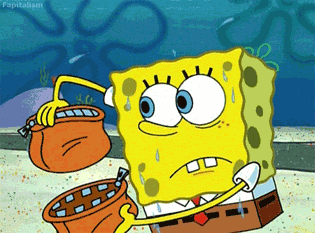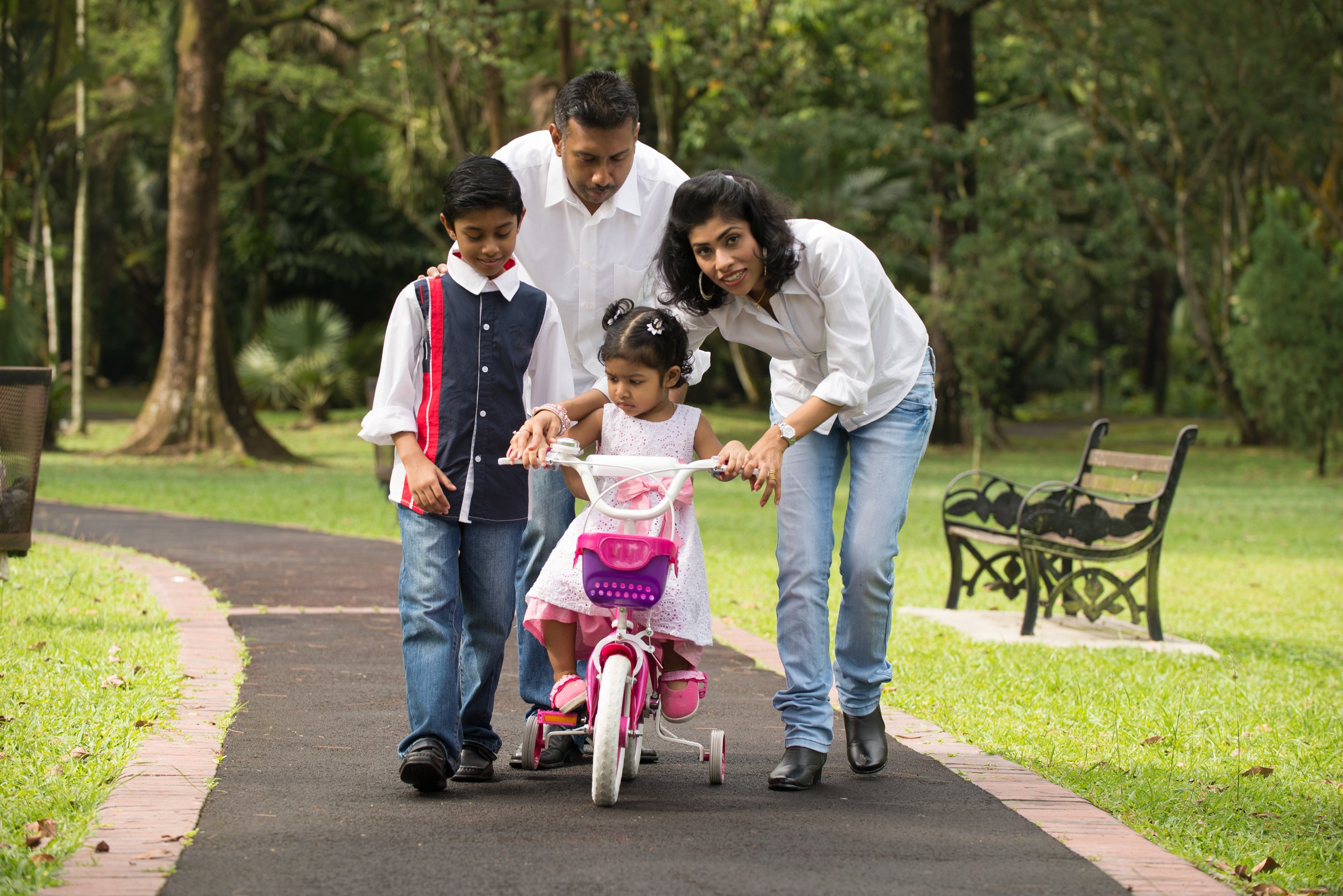Many parents don’t take bullying seriously. Let’s look at some of the parent’s response to a child who has been bullied at school: “What happened to you, did you get into a fight with someone? Did they beat you up? I don’t want to ever see you come home after been beaten up by your schoolmates” or “So they abused you and called you names, next time just abuse them back.”
Bullying is a serious issue and needs to be dealt with compassion, understanding and with sensitivity.
What constitutes as bullying?
Any unwelcomed behaviour, where an imbalance of power exists between students is known as bullying. If the behaviour of the bully remains unchecked, it has the potential to be repeated. At times bullying turns into harassment, especially when a person is victimized for their race, gender, background, disability, sexual preference.
You may also like: What kids must do to prevent cyberbullying
Who is likely to get bullied?
Anyone can get bullied at school, however, children who are timid, physically weak, shy, low on self-confidence, appear nervous and become easily frightened are most likely to be alienated and bullied. The victims are usually loners, who don’t have many or any friends. They feel comfortable in an adult company rather than with children of their own age.
Scroll down to read more on the long-term effects of bullying on your child.
Psychological effects of being bullied over long-term:
The psychological impacts left on young minds of bullying can become a lifelong battle. The range of mental disorders which are a direct result of bullying includes anxiety disorders, obsessive behaviour, trauma, depression to more severe forms of mental illness. These issues can cause eating disorders, sleeping disorders, and inhibit the person from enjoying life. The victims often have trouble committing to any long-term relationships. They are also at a high risk of committing suicide.
You may also like: How Will You Know Your Child Is Being Bullied? These Are The Signs To Watch Out For
Emotional harm often lasts longer than physical harm. The victim's self-image may be permanently damaged. A victim of bullying can begin to see themselves as the bully sees them, as being weak and as a loser. This can result in the person feeling unloved, filled with hatred towards self and anger directed at the world. They feel incompetent to handle stressful situations, become nervous if they need to speak in public and tend to exhibit non-assertive behaviour in general. It can result in a range of personality disorders. They may also have difficulty trusting people, may not be able to progress into leadership roles at work, and tend to be loners as an adult. They tend to work better on their own and may require constant approval from their superiors of their work.
You may also like: Neerja Birls's Advice To Today's Parents On Building Strong Family Bonds
Common myths associated with bullying:

Myth: Boys get bullied more
Truth: Girls get bullied just as much as boys do. They are often victims of cyber-bullying. Girls are often victimized for their looks and physical appearance. Body shaming can cause a girl to become self-conscious and can cause eating disorders. Even a thin girl can begin to see herself as being fat.
You may also like: Are you making these mistakes when talking to your daughter?
Myth: Kids need to deal with their own issues
Truth: Parents, teachers and guardians need to keep a watchful eye and intervene quickly to stop a child from getting bullied. Every adult can and needs to help the victim from getting bullied further. The victim needs to know that they are not alone. They also need to teach children life skills so that children are able to fend for themselves if the need arises.
Myth: Bullying is mostly physical or verbal
Truth: Bullying can be subtle in nature. The bully can victimize a child with gestures and with actions. It does not need to be name-calling, verbal abuses or physical fights. Anything which makes the victim feel uncomfortable can be constituted as bullying. The behaviour is usually repeated by bullies.
Understanding the bully:
- The bully has often been a victim of bullying themselves.
- They usually look for a weaker person than themselves, an easy target and feel a sense of satisfaction by tormenting them.
- The bully needs as much help as the victim.
- As adults, the bullies at times live a life of remorse and regret their actions during school years. They would do anything to reverse their actions if given a chance to go back in time. They often hate the person they were in school. Old memories of being a bully haunt and torment them.
- As adults, they tend to suffer from psychological disorders like anxiety, depression and Post Traumatic Stress Disorder (PTSD).
You may also like: How safe are our kids at school?
What you can do to prevent bullying:
The following preventive measures can help children enjoy a healthy childhood:
- Life-skills lessons being taught at school.
- The supportive behaviour of parents at home.
- Teachers being vigilant and taking necessary actions without delay.
- Every school should employ mental health counsellors who are trained to prevent and handle cases of bullying.
- Schools need to be proactive in engaging with the parent, school counsellor and an external professional (Child Psychologist or a Psychiatrist) to ensure that timely care and support is provided to the children involved.
Treatment options:
Counselling & Psychotherapy:
Counselling and psychotherapy are likely to be the first choice of treatment for children. Many schools have in-house counsellors who schedule and work with children who are bullies or are the victims of bullying. Play therapy and Sand therapy is useful for younger children. It helps a mental health professional asses the child when they are relaxed and at play (when they are being themselves). Cognitive Behavioural Therapy, MNLP & Transactional Analysis is more useful when it comes to working with older children.
You may also like: Signs of mental health trouble in children you should know about
Medication:
Many times children require medication for their condition. If the problems are not addressed successfully with therapy, then, medication may need to be added. Parents can seek the help of a Psychiatrist (Preferably one who specializes in child psychiatry)in order to ensure that children get the best possible cure.
“I continue to work with adults who had been bullies themselves or had been bullied as a child. The remorse I see in the eyes of the adult for their actions when they were younger is difficult to express in words. I just wish I could have worked with them when they were children, for it is much easier to help prevent disorders than to bring about a positive change in an adult. I would like to tell parents to be cautious and vigilant with their children. Befriend your children and know what is going on in their life. Help them to deal with bullies, teach them to stand up for themselves and against bullying. If required, seek the help of a professional counselor/therapist.”




















